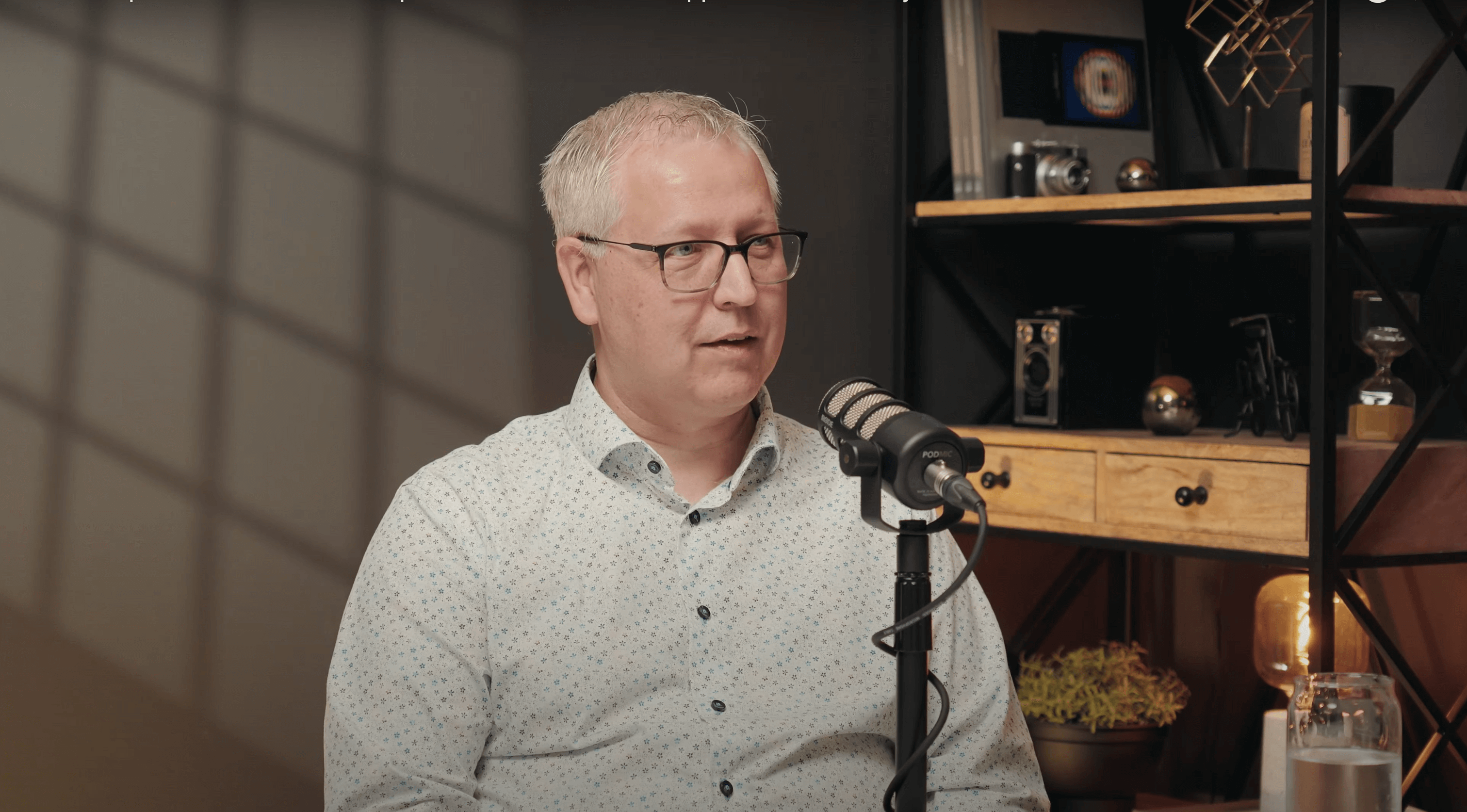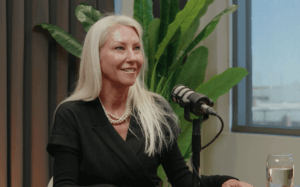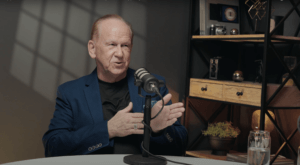Guest: Sylvain Thiboutot, BT Consulting & management
Written by: Claudine Fyfe, President of Fynlam
Are you considering a sourcing project in Mexico? While it’s a promising option, it’s essential to structure your approach by combining solid local knowledge, building trustworthy partnerships, and rigorously managing risks and quality.
This article explores the benefits of sourcing in Mexico and highlights key aspects you absolutely need to know before embarking on this journey.
Advantages of Sourcing in Mexico
Mexico offers a range of strategic advantages for companies looking to optimize their supply chain. Here are a few:
- Regional Diversity: Mexico has varied economic hubs across its regions. The south is primarily industrial, the center focuses on advanced technologies in the automotive and aerospace industries, the Pacific coast excels in electronics, and the northern border attracts numerous North American companies. Here’s a map illustrating the distribution of industries across Mexico:
- Geographical and Logistical Proximity: Close proximity to North America reduces transport costs, improves delivery times, and eases cash flow pressures and inventory levels. Additionally, the United States-Mexico-Canada Agreement (USMCA) offers a significant competitive advantage by allowing tax-free imports.
- Workforce and Demographics: With a young population averaging 31 years old, Mexico offers a competitive, dynamic workforce—an attractive opportunity for companies aiming to optimize production.
The Importance of Rigorous Preparation
If you’ve already completed a “Make or Buy” analysis, assessing your internal manufacturing costs and capabilities compared to outsourcing to help meet your strategic goals, and you’ve decided to pursue Mexico as an option, proper preparation is key to successful negotiations. Here’s where to start:
- Understand the Local Culture: Business relationships in Mexico are primarily built on personal connections, making trust a crucial foundation. Informal discussions and commitments play a role as significant as formal contracts.
- Exercise Patience in Negotiation: The negotiation process may take longer than elsewhere. Patience is essential to reach an agreement that is grounded in strong human relationships as well as business details.
Managing Risks
Once you’ve established strong personal relationships, managing potential risks is vital to ensuring your sourcing activities succeed. Here are some areas to focus on:
- Quality Control: Conduct regular audits to ensure products meet the company’s specifications and standards.
- Clear Communication: Maintain transparent and detailed communication with suppliers to avoid misunderstandings and to ensure that changes are correctly understood and implemented.
- Regional Knowledge: Identify risk-prone areas, especially concerning security, and adjust operations accordingly. It’s also important to monitor currency fluctuations, as they affect costs.
- Customs Procedures: Familiarize yourself with often-complex customs requirements to avoid delays or import issues. Proactive document management and specialized support can help you navigate these requirements smoothly.
In conclusion, solid preparation and strong personal relationships should lead to success! For more insights, listen to this podcast episode (french version only)!
PERSONAL NOTES
I met Sylvain many years ago when he was working as Procurement Director for the French FIVES Group, a major industrial equipment company with numerous fascinating challenges. He shared his ambition to go freelance, and he eventually did. We’ve stayed in touch since. Given the wealth of information he provided during our preparatory discussions, we decided to split the content into two parts: sourcing in Mexico and multi-site sourcing.I thought it would be useful to share the unique characteristics surrounding a sourcing project in Mexico. Then, doubt crept in… Was I exposing myself to unfavorable judgment from listeners who prioritize local purchasing and collaboration among local businesses? Still, I’m convinced that this interview shed light on important considerations for some people. And if, in the end, others chose not to proceed, perhaps I helped them avoid costly mistakes. So, I stand by my decision.




